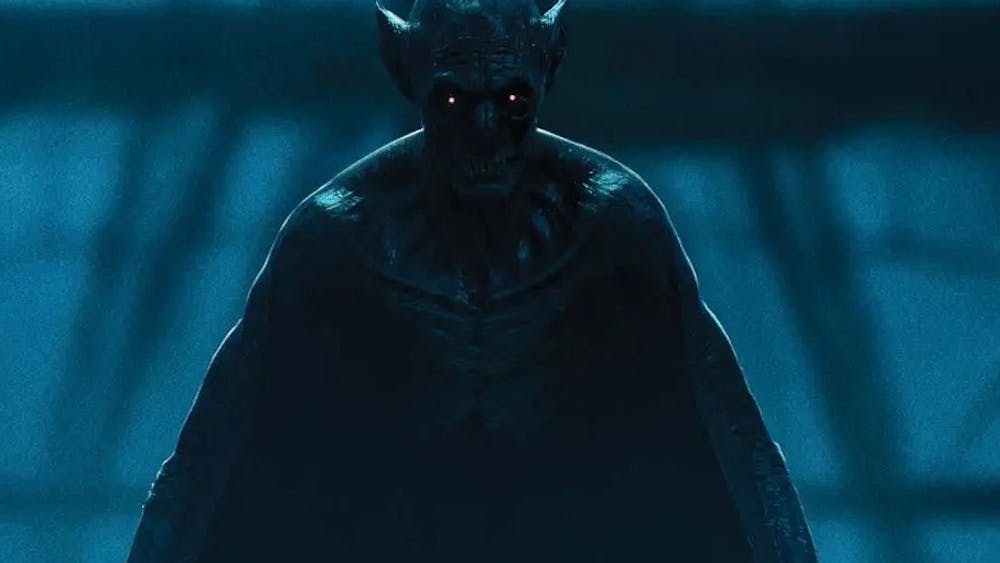Auer Hall is the site of many recitals. Some are by students, others by faculty and still others by visiting musicians. Sunday night's recital would fall under the category of "faculty recital," but in truth there is no appropriate way to categorize that performance except as "phenomenal." The faculty member featured was Edmund Battersby at the piano performing a good hour and a half of music entirely from memory.\nBattersby has been widely acclaimed as an impeccable pianist and an excellent interpreter of Fréderic Chopin. Sunday's recital opened with two Mozart pieces -- a rondo in A minor and a sonata in the same key. Battersby gave a spirited and deep, if unauthentic, interpretation of Mozart's works. More pedal and much more emotion were used than would be expected of Mozart, but this in no way detracted from the pieces' beauty. \nIn fact, the added enthusiasm only brought out their true potential and made them much more engaging than the usual mechanical Mozart. I could say that Battersby's playing spoke more eloquently than that of Mozart himself probably did, but a new interpretation and one as vivid as Battersby's is what makes music so exciting and alive.\nThe next piece featured was the one Battersby described as dearest to himself. It was the Sonata in G Minor Op. 22 by Robert Schumann (1810-1856). The listener got a keen glimpse of Schumann's suicidal, manic-depressive nature. \nAs a Romantic composer, Schumann was in touch with his emotions and this explosive, highly emotional piece is supercharged with the energies of Schumann's dark feelings. It would be a challenge for anyone to capture the spirit of a piece that expresses emotion on such a personal level, but it sounded as if Battersby captured the atmosphere and feeling exactly. \nBattersby expressed ferocity and savage beauty in this piece, leaving the audience absolutely spellbound. The interpretation of this piece was so well done that one could almost feel Schumann's intense, emotional agony screaming through the keyboard.\nAfter a brief intermission, the program concluded with works by the Franco-Polish composer Fréderic Chopin (1810-1849). Battersby played two nocturnes, an impromptu, two mazurkas and four etudes by this other Romantic composer. The interpretation here was superb, the execution practically spotless and the music incredibly beautiful. The nocturnes, as their name indicates, evoked the mystery of the night. The impromptu and the mazurkas were brighter and faster works that begged to be danced to. \nBut it was the etudes that stole the spotlight in this half with their brilliance and bewitching tonalities. Here was where Battersby's talent as a pianist truly was exposed. Chopin is not an easy composer to play, and these works ranked among his most challenging pieces. So when Battersby gave an almost flawless and wonderfully outstanding performance of the works, it definitely merited the ecstatic acclamations given by the audience.\nTo show his gratitude, Battersby performed an encore consisting of a consolation by Felix Mendelssohn (1809-1847), a work less dramatic than Chopin's but beautiful. It was amazing that Battersby still had enough energy to perform yet another piece from memory.\n"Although the Schumann is dearest to me, they all are dear to me," Battersby said. "I only play things I love."\nBattersby's performance was endearing. It illustrates how a pianist's love of his music can bring forth some phenomenal performances. Sunday was a night not to be missed by music lovers.
Professor beguiles on piano
Get stories like this in your inbox
Subscribe





